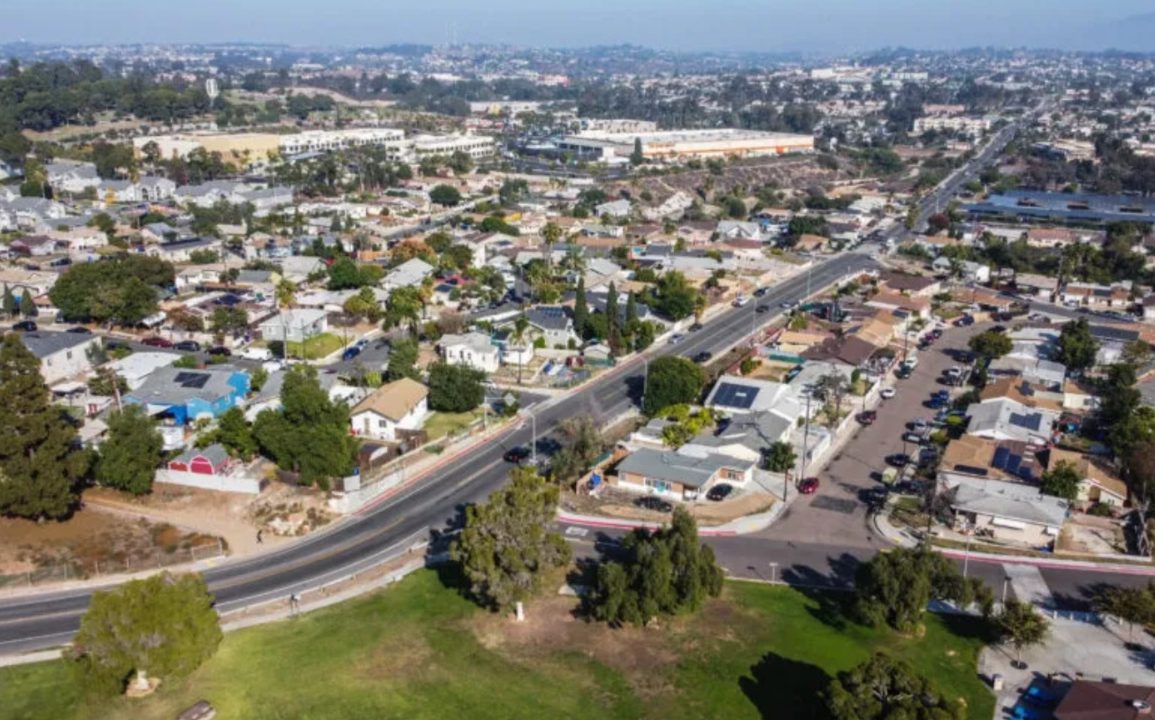A protracted legal battle over a proposed recycling plant in San Diego County has led to significant changes in how the county handles development projects, potentially opening doors for new housing and other developments. Developers had long struggled with stringent environmental regulations that hindered rural projects, but a recent lawsuit outcome has shifted this dynamic.
The county’s loss in court has led to the implementation of new guidelines that allow certain projects to bypass stricter climate-related rules, particularly those related to vehicle miles traveled (VMT), which had previously made development financially unfeasible.
In July, county staff announced that projects conforming to the county’s general plan would no longer be subject to additional, more rigorous climate-conscious regulations that addressed VMT. This change came about after developers complained that high VMT-related fees were making their projects economically unviable. The reversal has created a new pathway for developers, as the previously prohibitive costs associated with VMT are now potentially exempt for projects that fit within the general plan.

The scope of this new exemption’s impact on future developments remains uncertain. County data indicates that 119 housing projects, totaling 1,273 new units, could benefit from the exemption if they align with the general plan. To date, only a few developers have requested this exemption, including projects in Vista and Bonsall. The broader implications for development in the county are still being assessed, but the exemption represents a significant shift in regulatory practice.
The legal and political drama began when Hilltop Group Inc. sought to build a recycling plant on industrial-zoned land north of Escondido in 2012. Local residents opposed the project, leading the county to demand extensive environmental impact studies.
Hilltop Group complied but faced ongoing resistance, culminating in a lawsuit against the county. Hilltop’s legal team argued that their project should be exempt from further environmental studies under a specific CEQA rule (exemption 15183) designed to streamline developments that fit within established general plans.
Despite initial setbacks, including a ruling that required more studies, Hilltop Group eventually won an appeal. The Fourth District Court of Appeal determined that the county’s denial of the exemption was inconsistent with CEQA rules, which support the idea that projects within general plans should not face redundant environmental reviews. This court ruling supported Hilltop’s position and underscored the importance of adhering to comprehensive planning documents.
The country’s new exemption policy is seen as a significant relief for developers, especially in light of restrictive VMT rules that had been criticized for stifling development. However, critics, including environmental advocates, argue that the exemption could undermine efforts to combat climate change. They contend that the decision to bypass additional environmental scrutiny remains a political one, with the Board of Supervisors having the power to weigh environmental concerns against development interests.

